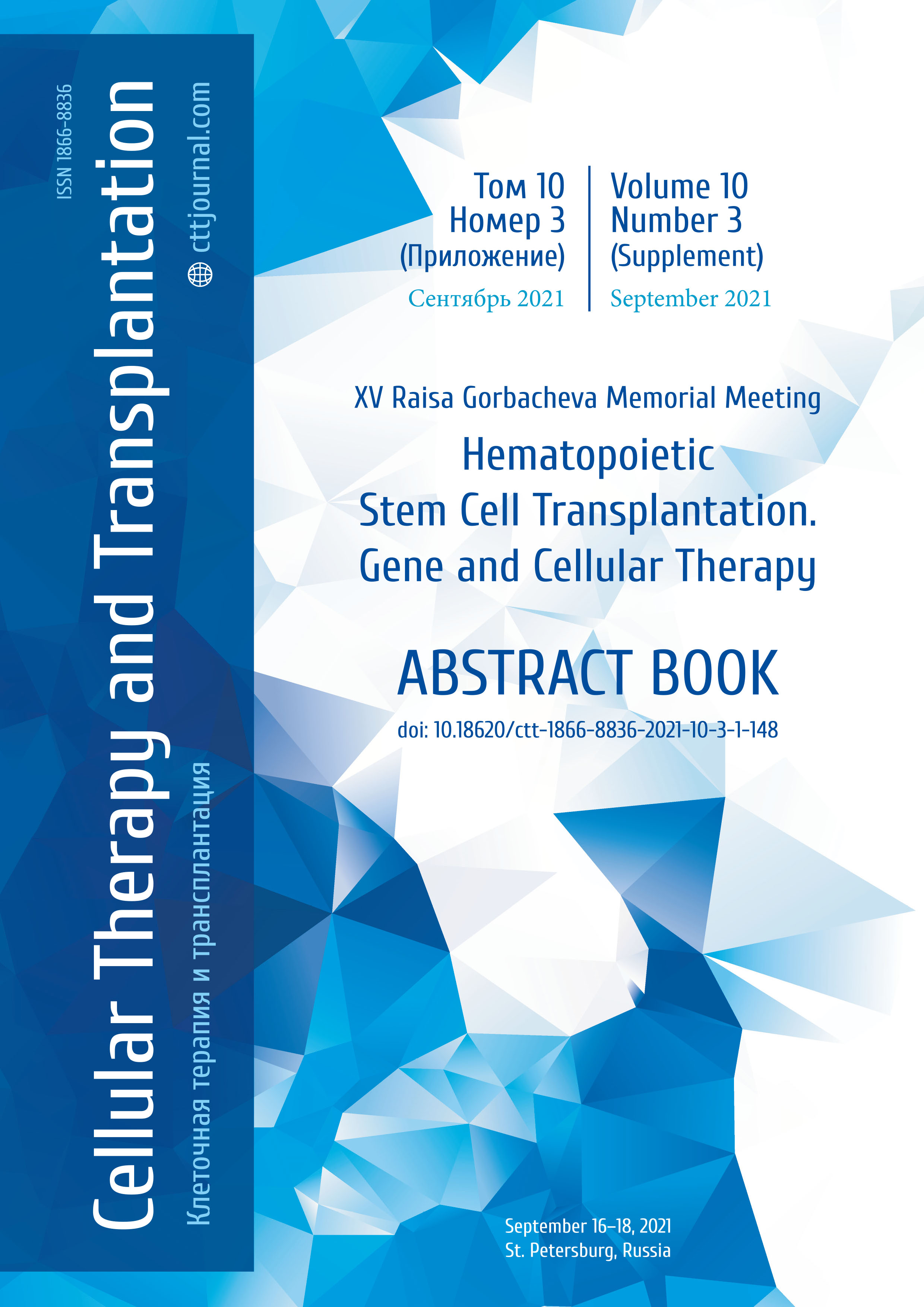OD-05. Approaches, problems and prospects of nursing education in Russia
Natalia G. Petrova
Pavlov University, St. Petersburg, Russia
Correspondence:
Dr. Natalia G. Petrova, e-mail: nursingdep@mail.ru
Summary
Ensuring a high-quality medical care is possible when there are necessary conditions, the most important of which is the professionalism of all categories of medical staff, the most numerous category of which are nurses. The nurses receive their education predominately in colleges. The new educational standard provides for a significant (1 year) reduction in the duration of this training, which, in our opinion, will significantly affect its quality. Nurses can also receive higher education in the form of bachelor’s and master’s degrees, which significantly improves the quality of nursing care and corresponds to international trends. However, unlike other countries, there is no differentiation of bachelor’s degree directions in the field of nursing in Russia, which does not allow for targeted training within the framework of the future specialization of nurses, and the lack of a clear list of recommended disciplines in the standard significantly complicates the academic mobility of students. There is no target set of bachelors. There is also no possibility to differentiate the programs and terms of bachelor’s degree preparation depending on presence (or absence) of their special education. Training in a master’s degree (“Public Health” or “Management in nursing”) does not give a preferential right to hold managerial positions and an appropriate incentive to receive this education (professional retraining in the organization of nursing is sufficient to occupy the position of a senior nurse). The earlier Concept of nursing development provided for the creation of a scientific specialty in nursing management, but this was not implemented, which greatly restricts the conduct of scientific research in various areas of nursing activity. So, the opportunities for professional and career growth of nurses are limited, and this situation reduces the motivation to obtain a higher level of education. Special attention should be paid to the issues of specialization of nursing activities. One of medicine development directions is its specialization, which, in particular, is reflected in the increasing number of medical specialties. Accordingly, there are also specifics of the work of nurses in various medical organizations (divisions). However, the list of nursing specialties is quite limited and does not differ in different structures. For example, the new order of the Ministry of Health of the Russian Federation No. 55n of 5.02.2021 provides for the presence of at least 6 specialists-doctors in the field of pediatric oncology and hematology and only traditional nursing specialists (a post nurse, a procedural nurse, a dressing nurse). The latter at the stage of obtaining education do not have a sufficient idea of the future field of activity and when applying for a job in the relevant departments, they must go through a difficult period of adaptation (primarily professional, but also psychological), which should be regulated accordingly (including the financial incentives for mentors). And taking into account the constantly updated medical and organizational technologies in this branch of medicine, it is necessary to organize a special system of advanced training for nurses, but not in its traditional form, but taking into account the specifics and best practices of leading domestic and foreign clinics. All of the above dictates the need to create a Concept for the development of nursing that meets modern requirements, including the revision of the system of nursing education.
Keywords
Medical nurses, nursing education.


